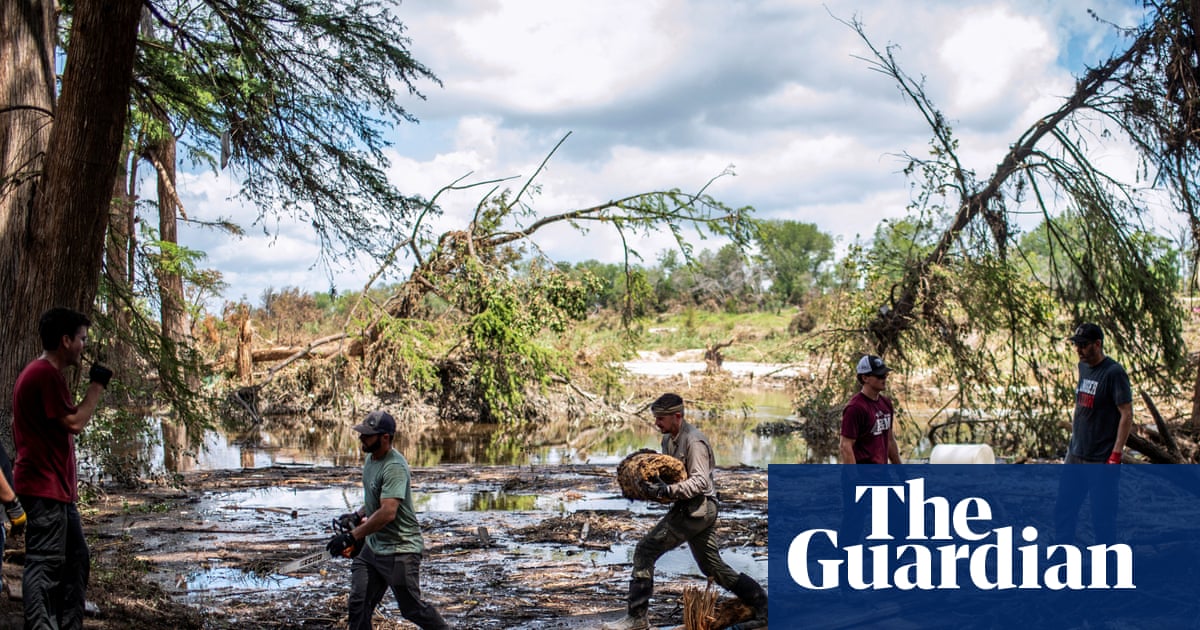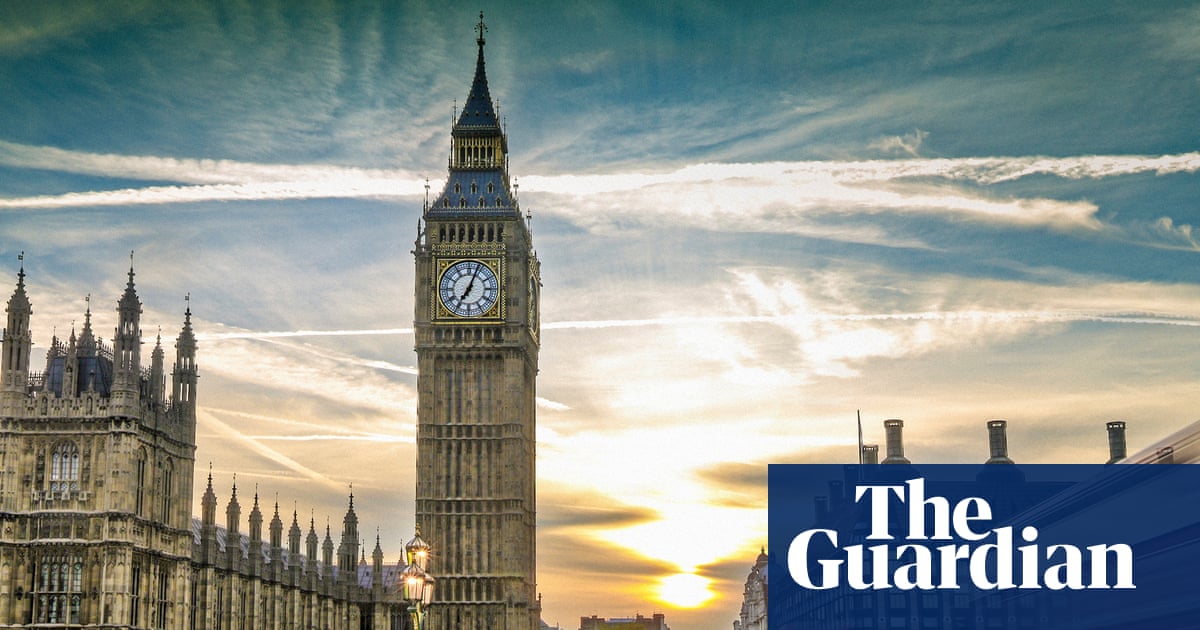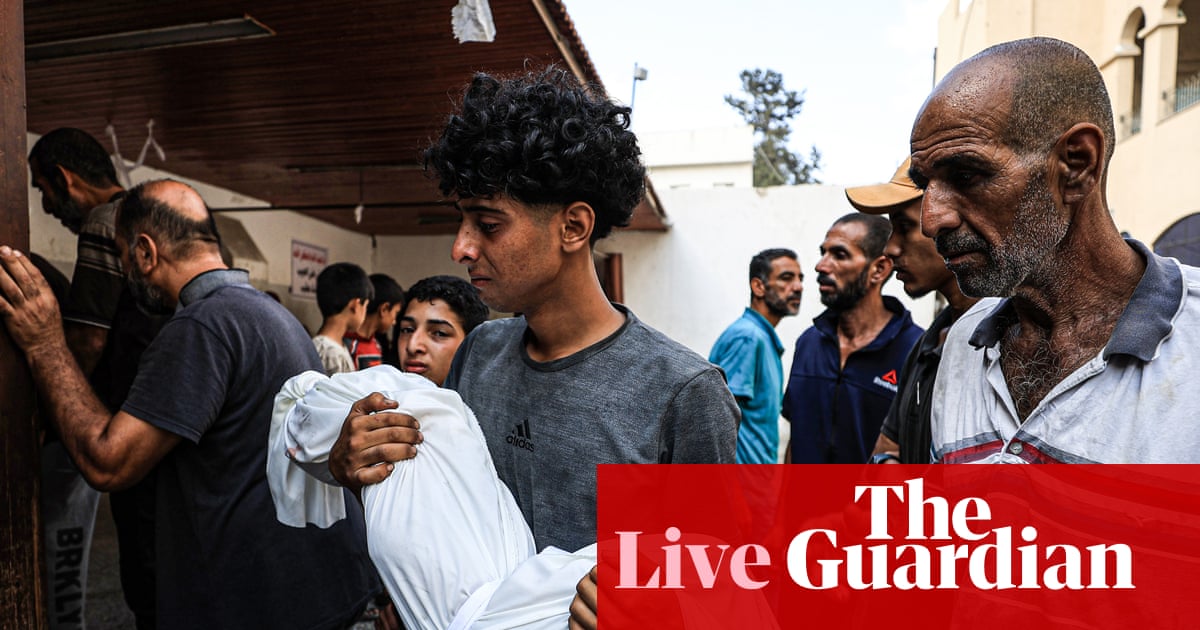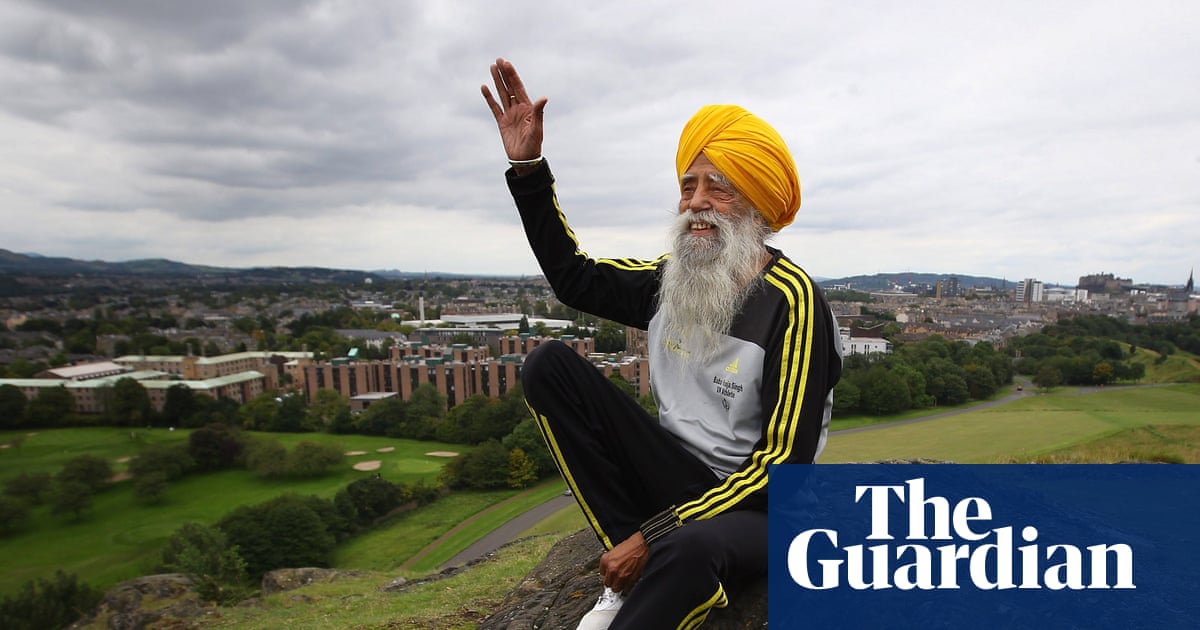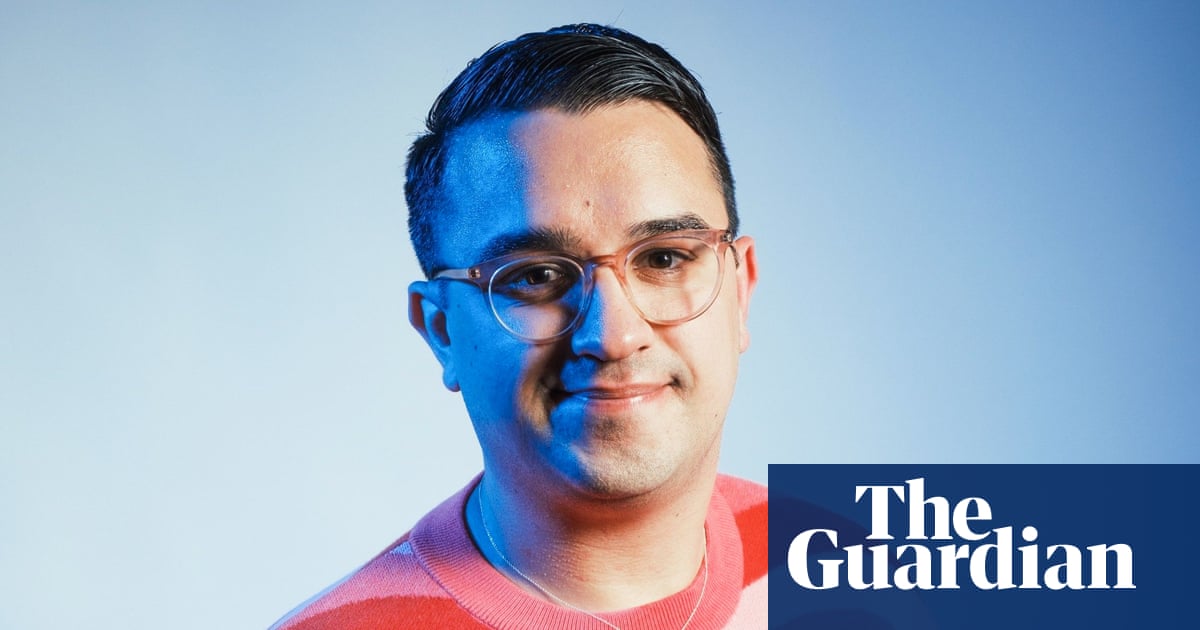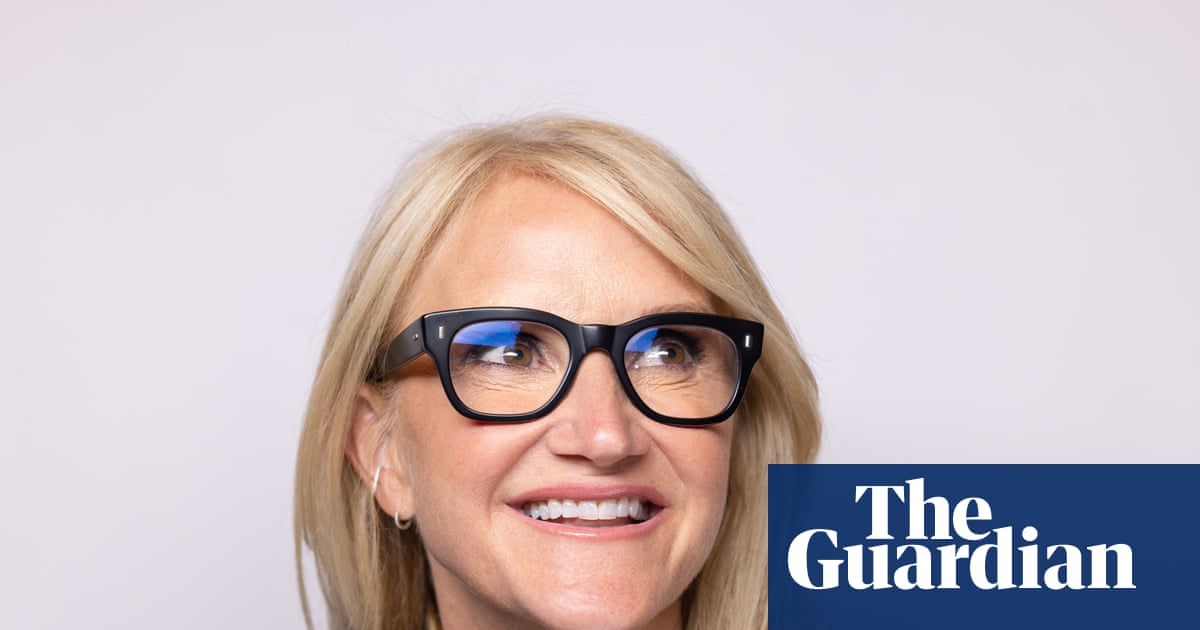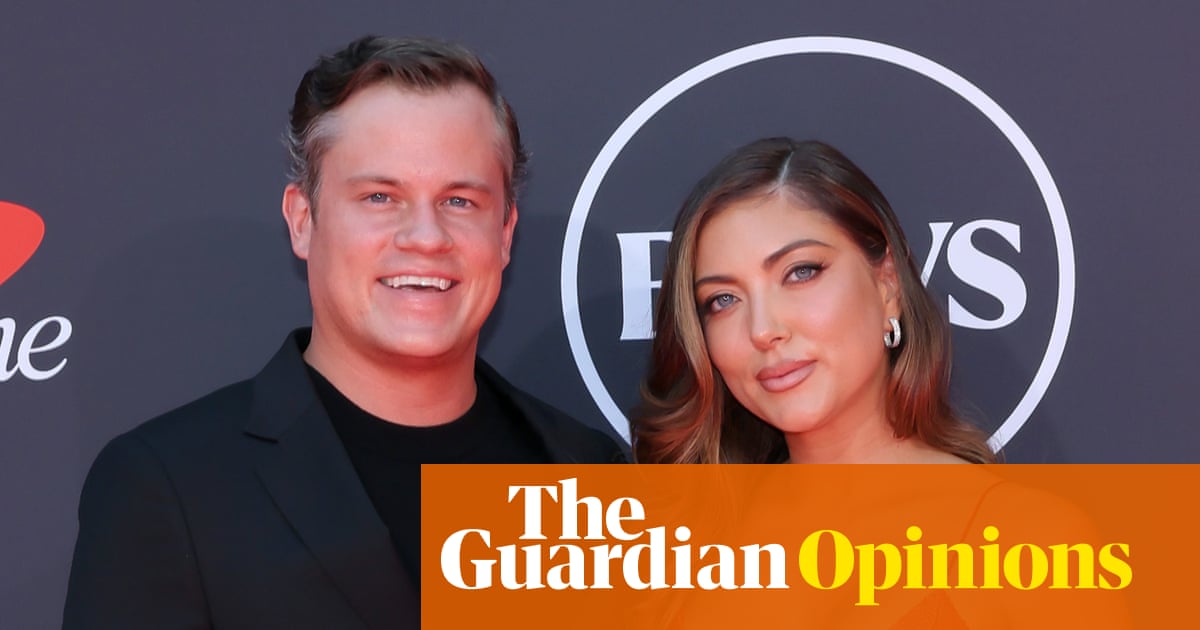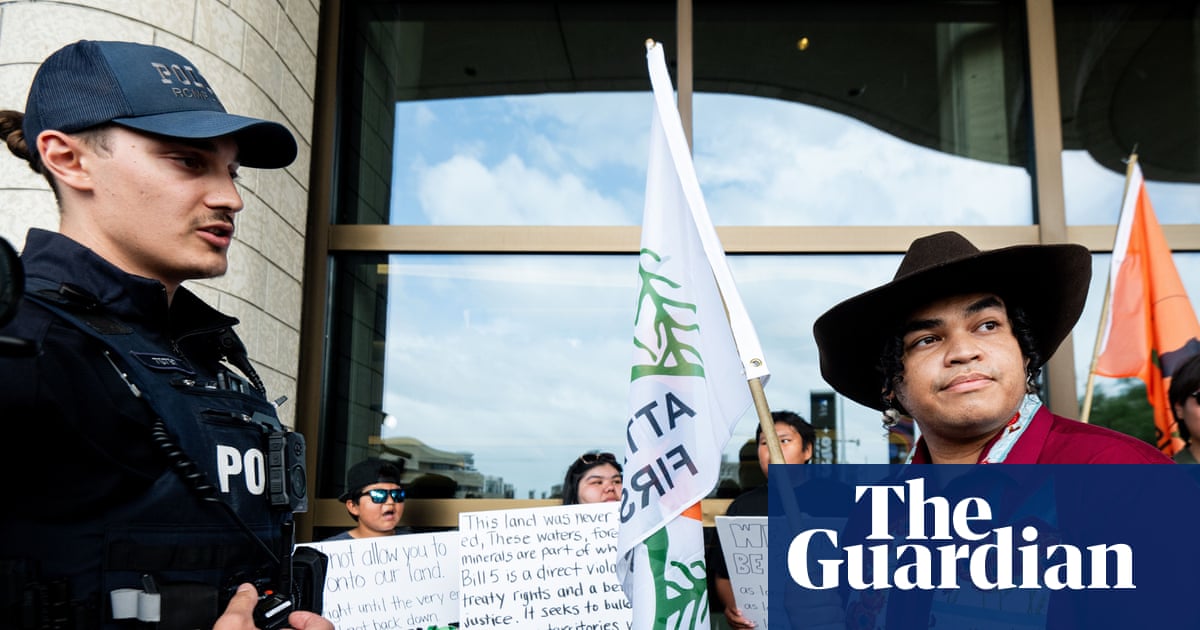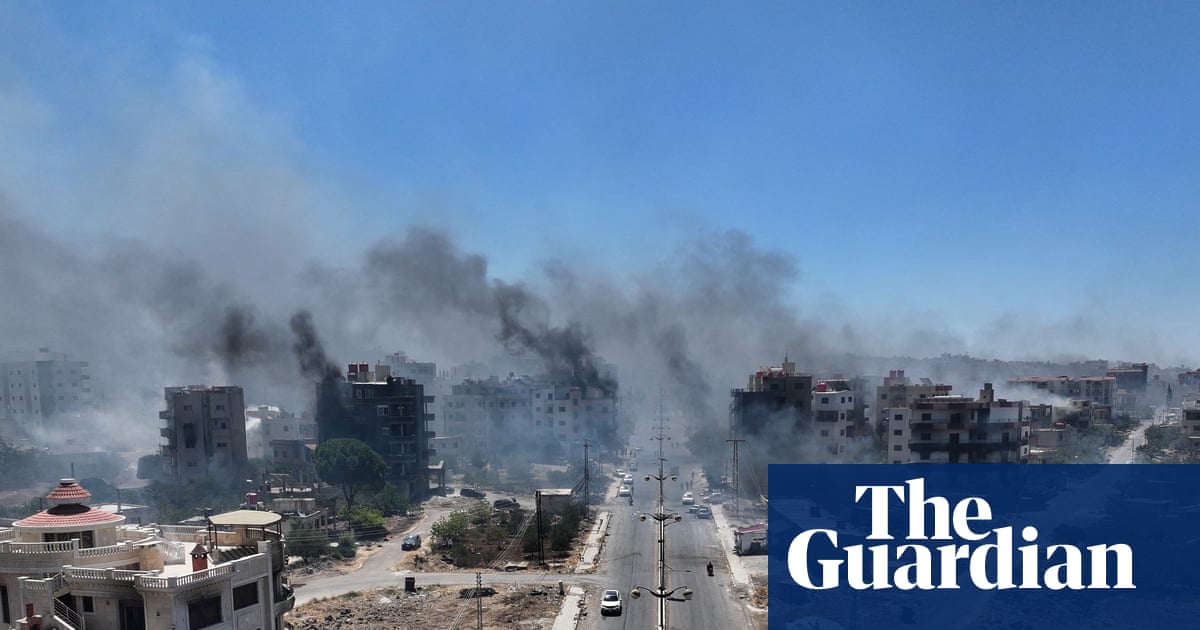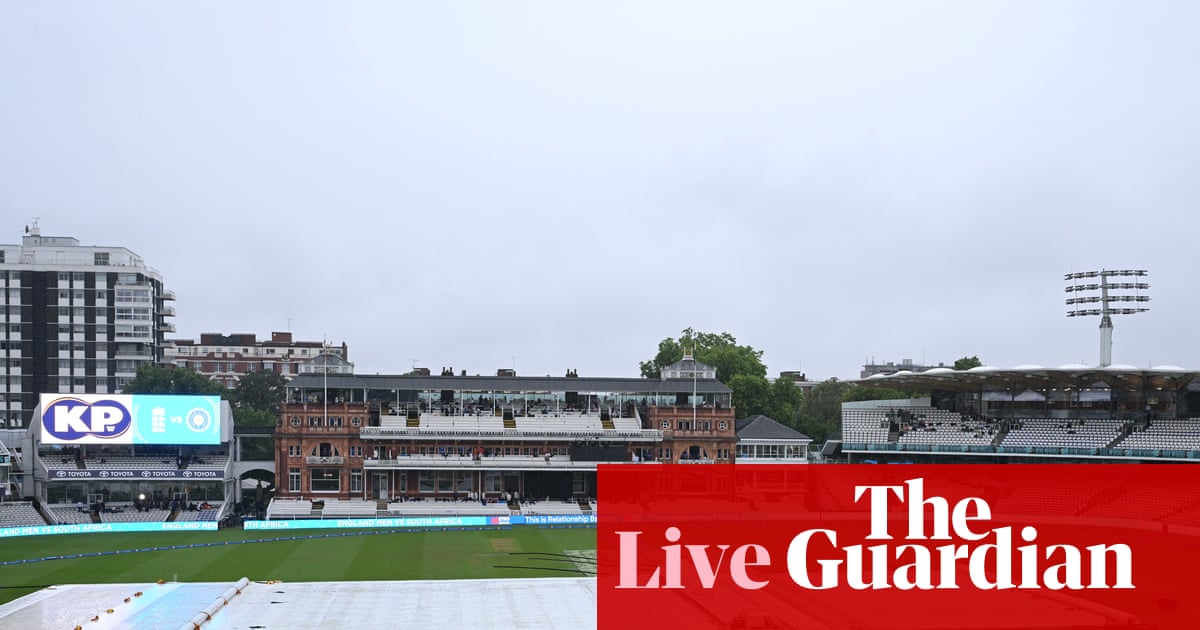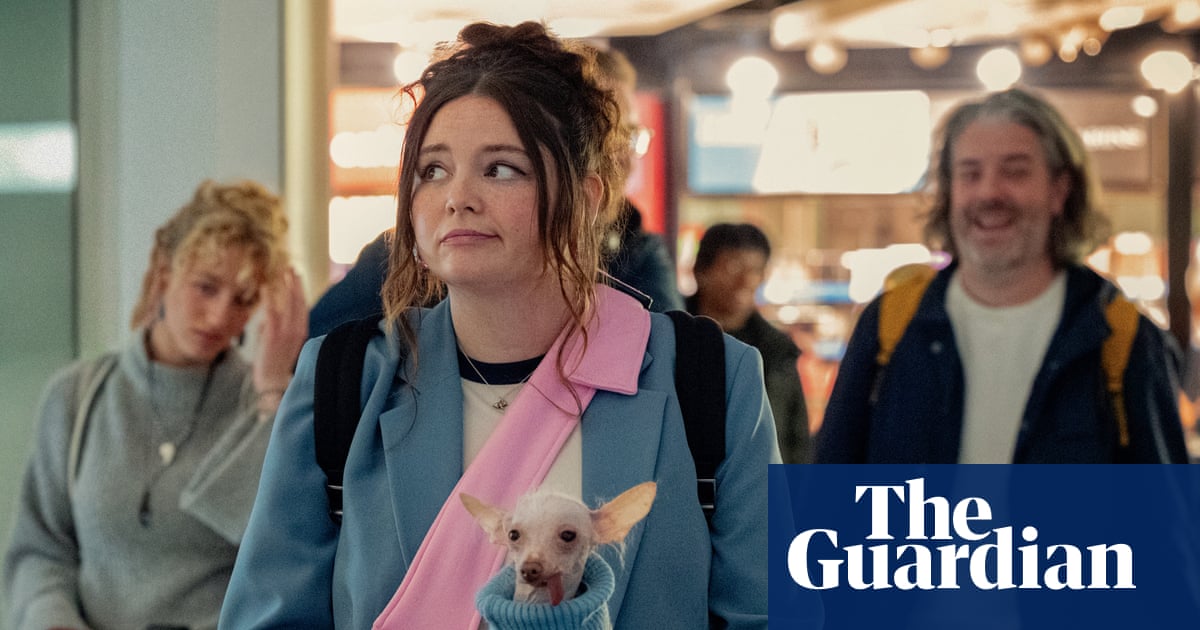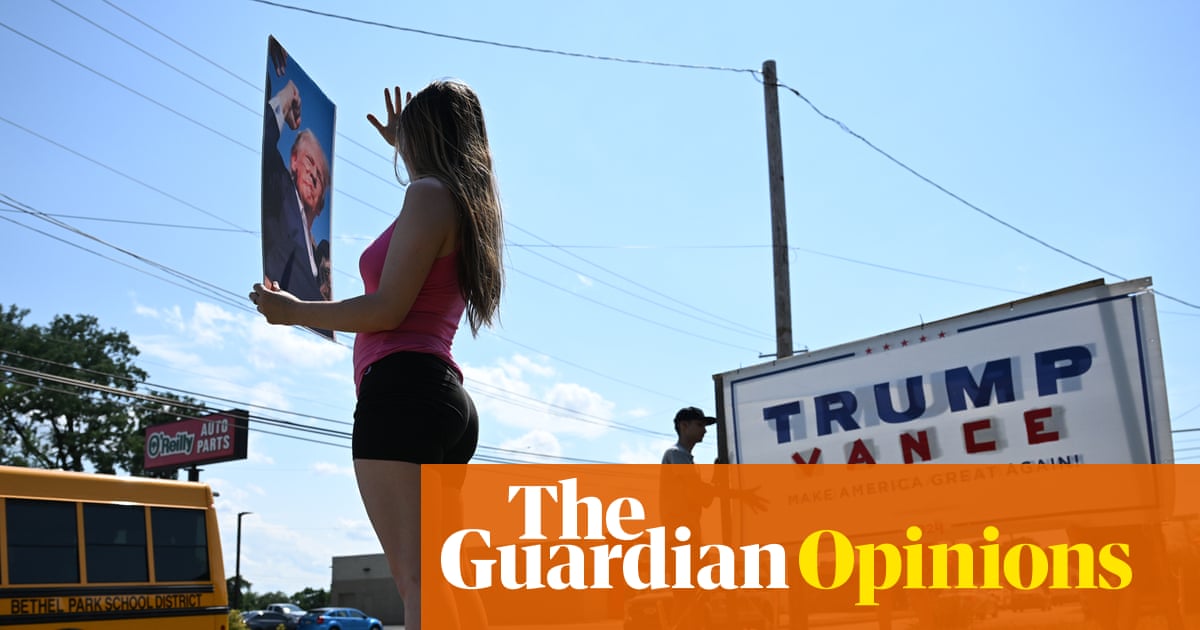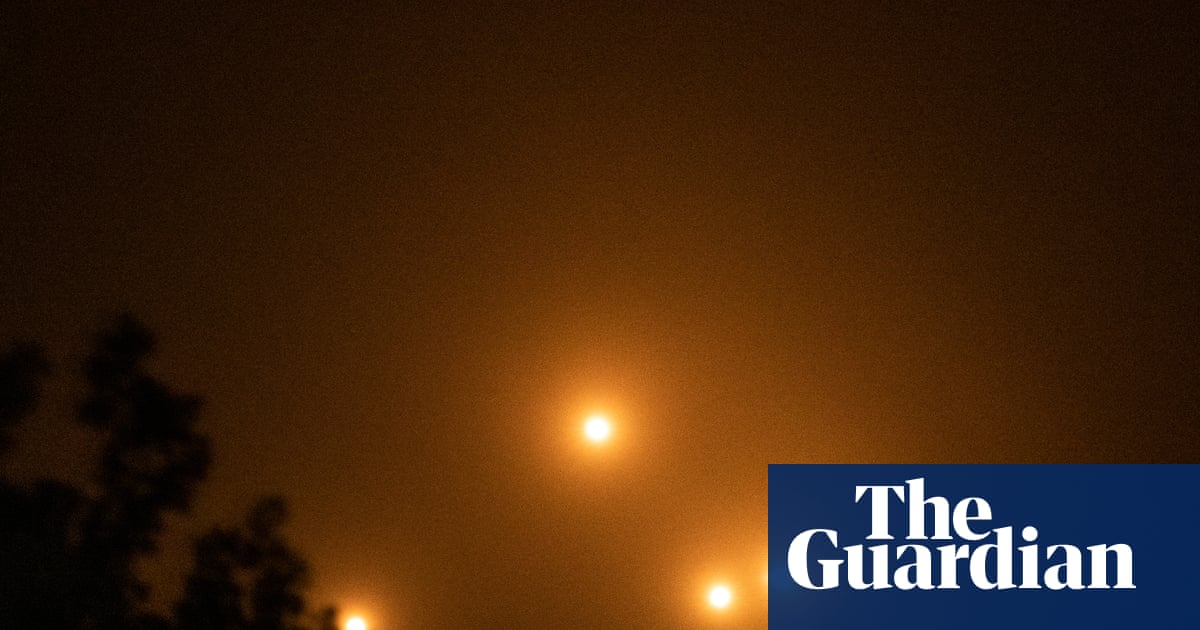Zohran Mamdani’s victory in New York City’s Democratic primary for mayor has a group of Pakistani American aunties and uncles so excited that they are wondering if they should have given their own children more freedom in choosing their careers. “What if we let our kids become politicians, and not just doctors and engineers?” a member of the grassroots political organizing group, DRUM Beats, asked at a small celebration held at an Islamic school last month in south Brooklyn.
DRUM Beats, which represents New York City’s working class South Asian and Indo-Caribbean populations, was one of the first grassroots groups to endorse Mamdani, when he launched his campaign in October – long before he became a household name. More than 300 volunteers, who spoke near a dozen languages, knocked on at least 10,000 doors to support him. DRUM Beats says these efforts helped increase voter turnout by almost 90% among Indo Caribbean and South Asians in some neighborhoods.
The unabashed 33-year-old assemblyman ranked near the bottom of the pack when he began campaigning. Now, Mamdani has a chance to be New York City’s first Asian American and Muslim mayor. His family came to the United States when he was seven, and he became a citizen in 2018. He was born to Indian parents in Kampala, Uganda.
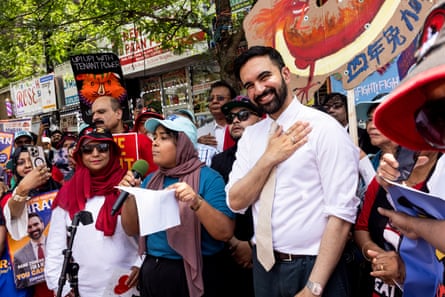
Mamdani’s campaign has piqued the interest of many South Asian Americans, as well as a diverse population of Muslims – not only because of his identity, but his platform, too. Many Muslims, even those who may not fully agree with Mamdani’s approach on every issue, see his rise as a sign of hope in a city where racism and Islamophobia erupted following the September 11 terrorist attacks.
“We are stepping into leadership roles that challenge long-standing assumptions about who can represent the city of New York and Americans more broadly,” says Youssef Chouhoud, an associate professor of political science at Christopher Newport University and expert on Muslim Americans.
A leader for Muslims across the US
Since winning the Democratic primary, Mamdani has faced Islamophobic smears online, and from both sides of the political aisle. Republican Congressman Andy Ogles demanded the use of material support for terrorism charges against Mamdani, without providing evidence, and urged that he be deported. (The Bush administration used these charges after 9/11 to shut down the nation’s biggest Muslim and pro-Palestinian charities, in what civil rights groups argue were often politically motivated investigations.) Donald Trump has since falsely questioned Mamdani’s citizenship and the administration’s Homeland Security Advisory Council is already looking into him.
While New York City’s roughly 1 million Muslims aren’t enough to decide November’s election, Mamdani has become wildly popular with Muslims nationwide. Polling shows that Muslim Americans rank issues related to Gaza and affordability as their top priorities, which are reflective of broader trends and shifts within the Democratic base. It also aligns with the highpoints of Mamdani’s campaign such as affordable housing, and his frequent protest against US military support for Israel, said Nazita Lajevardi, an associate professor of political science at Michigan State University. She noted that Muslims – as well as many Democrats, including some Jewish Americans – were horrified by Israel’s attacks on Gaza and did not think they had good choices in the 2024 presidential election.
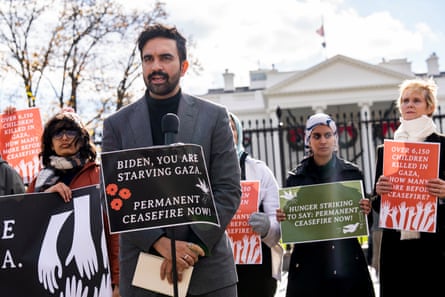
Mamdani’s campaign won almost over one-third of districts that Trump won in 2024, according to an analysis by the Gothamist.
Mamdani’s advocacy for Palestinian rights includes authoring legislation that would have banned the city’s organizations from sending money to charities supporting Israeli settlement activity.
He has been grilled repeatedly about his stance on Israel and whether he will condemn calls to “globalize the intifada”. He frequently responds with affirmations that he will protect Jewish New Yorkers. He has recognized Israel’s right to exist – but only as a state that enforces equal rights for its citizens.
For some pro-Palestinian advocates, a formal recognition of Israel veers closely towards legitimizing the Nakba – when more than 750,000 Palestinians were permanently expelled from their homeland. Others say it’s largely a matter of semantics. And even Mamdani’s critics on this issue have appreciated his refusal to support a crack down on speech and his explanation that “intifada” also means “legitimate protest”. The Palestinian Youth Movement said in an Instagram statement that Mamdani’s victory shows that “being anti-genocide is not, in and of itself, politically costly with American voters in 2025”.
‘He supported us at a critical moment’
Asad Dandia, who successfully sued the NYPD in 2013 for illegally spying on Muslim New Yorkers, connected Mamdani’s campaign to dozens of mosques and imams across the city. The key message was still affordability, Dandia said. His campaign team visited more than 100 mosques, of which Mamdani personally visited almost 25, said Zara Rahim, a senior adviser for Mamdani’s campaign. “Many of the tenets of this campaign are inherently Muslim: justice, mercy, commitment to community,” she said.

Mamdani’s embrace of being Muslim and South Asian helped build excitement with many voters, from adopting the psychedelic aesthetic of Eid Mubarak WhatsApp forwards to using nostalgic Bollywood references. His strong support of LGBTQ+ and trans rights has not appeared to cost him votes among his more conservative Muslim supporters either.
Still, Mamdani’s identity, alone, wasn’t enough. “One lesson the left needs to learn is that identity politics cannot win you elections,” said Raza Gillani, an organizer with DRUM Beats. “You need a political program for people that speaks to the grave inequalities in society.”
SK M Mobinul Hoque, a Muslim Bangladeshi taxi driver who lives in Queens, said he voted for Mamdani in the Democratic primary – but he didn’t even know Mamdani was Muslim until after he cast his ballot. “I didn’t even care. He supported us at a critical moment; that’s why I’m supporting him,” he said.
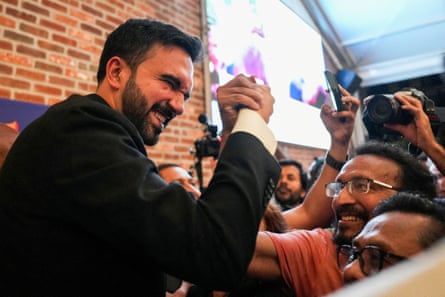
Hoque fondly remembers Mamdani’s advocacy for taxi drivers like himself, who were wrecked by mounting debt caused by the city’s controversial medallion program. By 2021, Hoque had accumulated $800,000 of debt and had already heard about five fellow drivers who died by suicide. Mamdani went on a hunger strike for more than two weeks and joined the TWA Taxi Alliance, as they protested in front of City Hall. The city subsequently made a deal with the union for debt forgiveness.
‘If you don’t keep your promises, we will hold you accountable’
New York City possibly getting its first Muslim mayor is notable, given its history of surveilling Muslim Americans after 9/11. Many DRUM members in New York City were deeply affected by the NYPD and FBI’s sprawling infiltration of student groups and mosques. The federal government ran elaborate sting operations in which informants sometimes pressured vulnerable Muslims to agree to take part in violent plots – and used their subsequent cooperation to throw them in prison.
The Homeland Security Act of 2002 was passed in response to rhetoric that conflated Muslims with terrorists–and paved the way for the creation of Immigrations and Customs Enforcement (Ice). “Ice was born out of anti-Muslim hate,” said Heba Gowayed, an associate professor of sociology at CUNY Hunter College.
Ice’s sweeping detentions of immigrants, and ability to operate at Rikers Island after a deal was struck between Eric Adams, New York City’s current mayor, and the Trump administration, have triggered old fears about law enforcement. In Astoria, undocumented Middle Eastern and North African immigrants are scared that Ice will try to deport them, said Rana Abdelhamid, who runs Malikah – a local anti-violence nonprofit that operates in Mamdani’s assembly district, and has worked closely with him. Earlier this year, a street vendor ran into Malikah’s office after Ice’s increased activity in Astoria. “He was coming in frantic–asking, ‘can I take the train to go to work today?’”, she said.
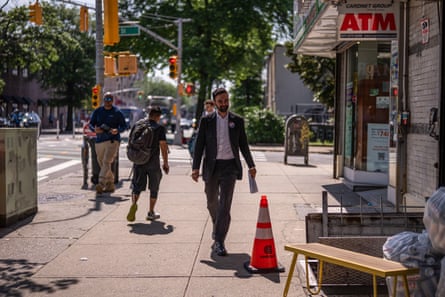
South Asian immigrants with DRUM Beats are scared, too. After 9/11, some Muslim communities based their electoral support on whichever candidate they thought would win, hoping that it could help them get something in return, said Gillani, with DRUM Beats. The organization is trying to move voters in a different direction –“a new politics rooted in community defense”, Gillani said. Mamdani has promised to protect immigrants – in part, by expanding the budget for legal representation.
DRUM Beats is already thinking about turning out voters in November. At the June meeting, Gillani urged members: “Don’t let this energy die down.” He also emphasized the longterm goal of building power for working-class communities. “We don’t support (Mamdani) because we think he’s a messiah who will save New York City,” Gillani said. “If you don’t keep your promises, we will hold you accountable – regardless of whether you are Zohran, Cuomo or Eric Adams.”

 5 hours ago
3
5 hours ago
3

